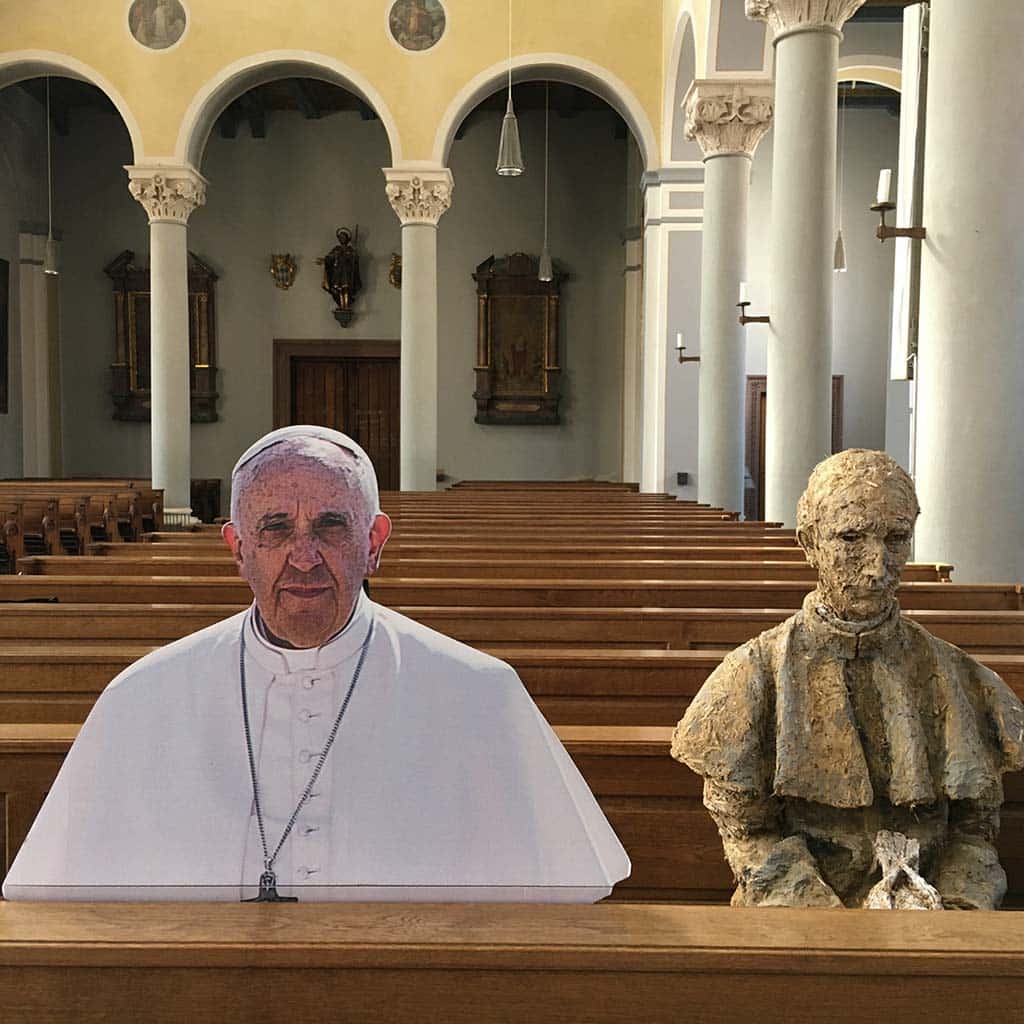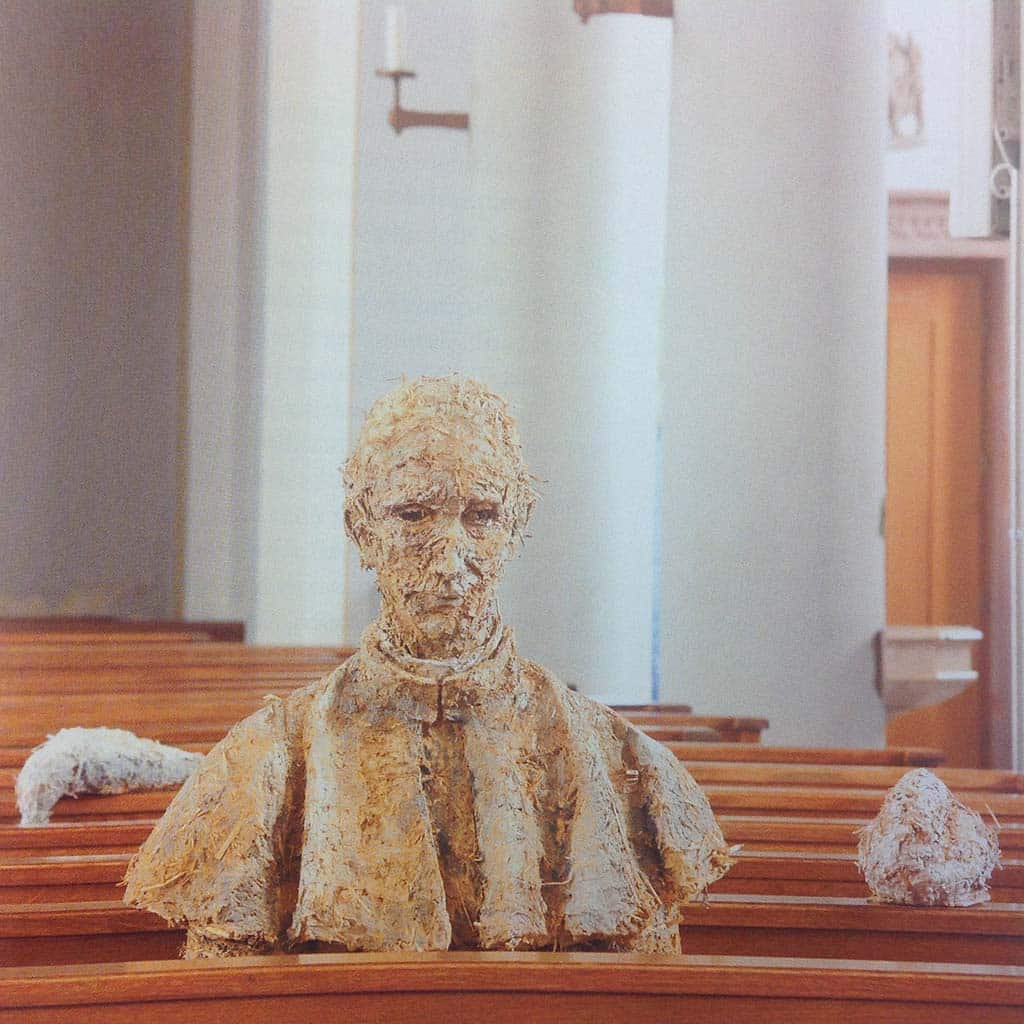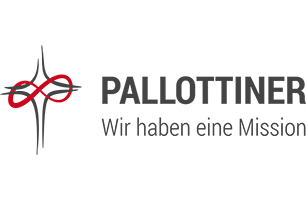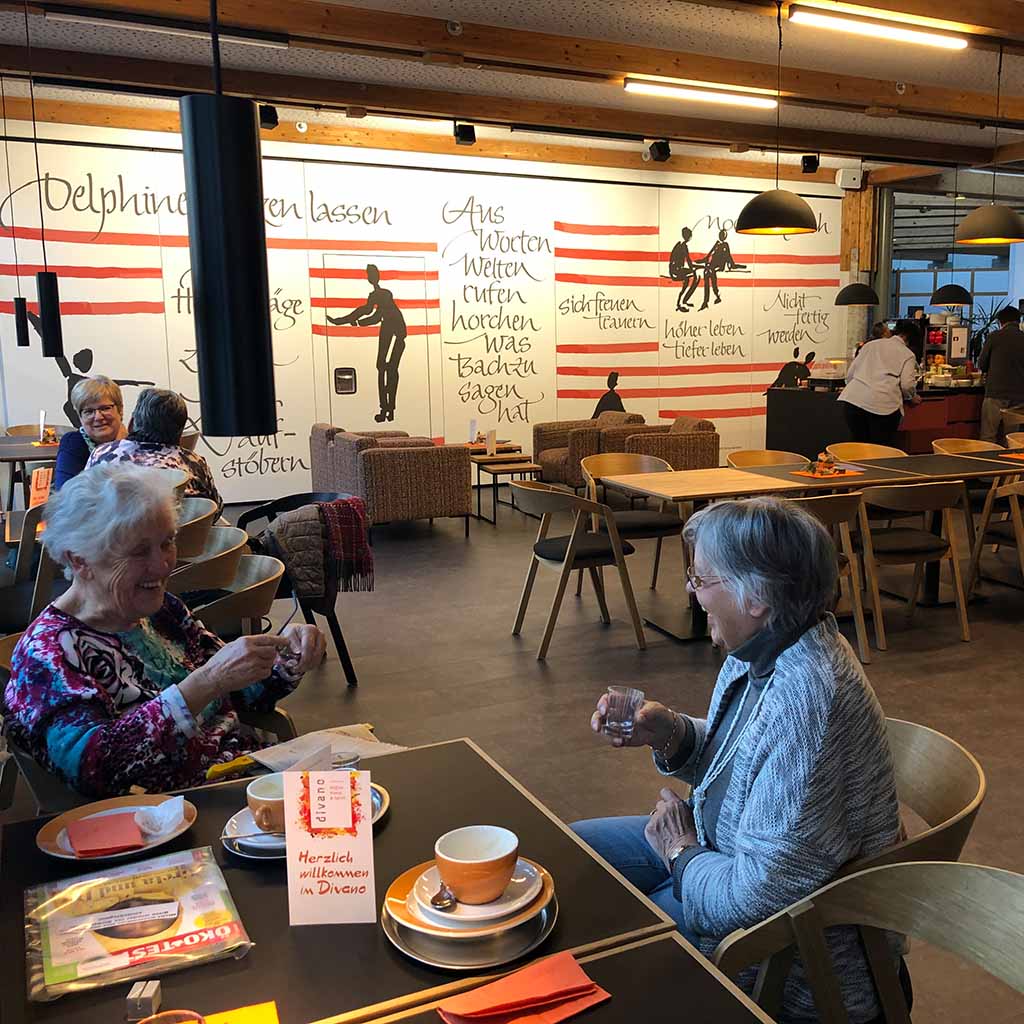"We can go other ways"
The parish of St James has gained self-confidence over the last 50 years
It is the Pallottine spirit that blows through Friedberg. That’s how it is described not only by the priests, but also by the volunteers and full-time laity. And it is hoped that this spirit will be maintained through all the structural changes.
What is the Pallottine spirit in the eyes of the parishioners? Armin Rabl is someone who has followed the development since his childhood: As a committed volunteer since his youth, member of the parish council, pastoral counsellor and now chaplain at the hospital in Friedberg, he has gradually come to understand the Pallottine spirit. He saw in Father Wipfler the change that was to come after the Council. After the Council it became clear to all the pastors that the motto “Pallotti calls the laity” was true. It took some time, however, for committed Catholics to undergo the appropriate formation for pastoral professions, such as religious education teachers, parish and pastoral counsellors.
Skills shortage reaches the grassroots
The pastoral counsellor refers to the pastoral professions with good reason. “Because only if many people support a parish will there be people who do it professionally,” he says. The fact that Father Wipfler introduced communion assistants and Father Fuchs made the parish council a decision-making body was courageous and created a spirit of optimism. Just as courageous as the idea of planning the Divano.
According to Rabl, the fact that the “lack of skilled workers” in the Church is now being felt at the grassroots level reinforces the importance of the laity in St Jakob. And so the communion helpers are now also becoming communion helpers for the sick, and a parish that used to be a caring parish is now becoming a caring parish. “And we also have people who can shape this change,” says Armin Rabl. All five pastors, from Wipfler to Brühl, have ensured that people have room to manoeuvre in this process.
Julian Schmidt, the current chairman of the parish council, considers it a privilege that “whole generations of Friedbergers have grown up in a Pallottine parish over the past five decades. With five parish priests and countless chaplains and seminarians, “attentive pastors, polished preachers, talented administrators and committed fighters for active charity” have worked in St Jakob, he says.
Through the worldwide activities of the Pallottines and the Pastoral Theological Institute, based in Friedberg since 1961, the parish was also linked to the global network of the universal Church. The vision of their founder of a Church full of faith, love and openness is something that all Pallottines have tried to realise.


Strong words and a promise from the Congregation
Klaus Greppmair, chairman of the Parish Council from 1990 to 2002, believes that the Pallottine spirit is characterised above all by the preaching that is true to life. Clear words were spoken about abuse and the conflict in Ukraine. During Fr Fuchs’ time, he says, he was able to witness the birth of the Family Circles.
His successor, Andrea Schmid, remembers that during the volunteer evening at Candlemas, when the Pallottines renewed their vows, the idea came up that the congregation should make its own congregational vow for the lay apostolate. In this way, the Pallottines have succeeded in giving the community self-confidence, says Andrea Schmid. This is why she trusts that the Holy Spirit will give the Church another form, even if the number of people attending Mass is decreasing, the number of volunteers is decreasing and society is becoming more and more secular.
The statue of Pallotti in the pew symbolises this for them. It shows that the congregation feels connected to him. Like the church, the sculpture is crumbling, but it is tough. “You can sit next to St Vincent Pallotti and know: We can go another way,” says Andrea Schmid.
Contribution: Alexander Schweda
Pictures: Pallottines, Julian Schmidt
Share this article…
Recommended











